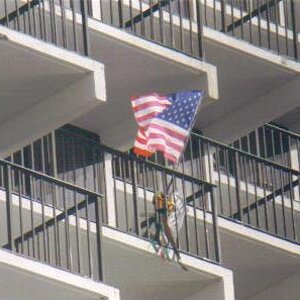CraniumDesigns
TPF Noob!
- Joined
- Dec 1, 2008
- Messages
- 477
- Reaction score
- 2
- Location
- San Francisco Bay, CA
- Website
- www.stevendavisphoto.com
- Can others edit my Photos
- Photos OK to edit
even after sitting for 24 hours without a rinse? im letting em both soak now. lemme know if i can take it out. im basically out of distilled water though now.


![[No title]](/data/xfmg/thumbnail/41/41761-8ca3fbaa811d0935e3ce369aaf34fdd8.jpg?1619739884)










